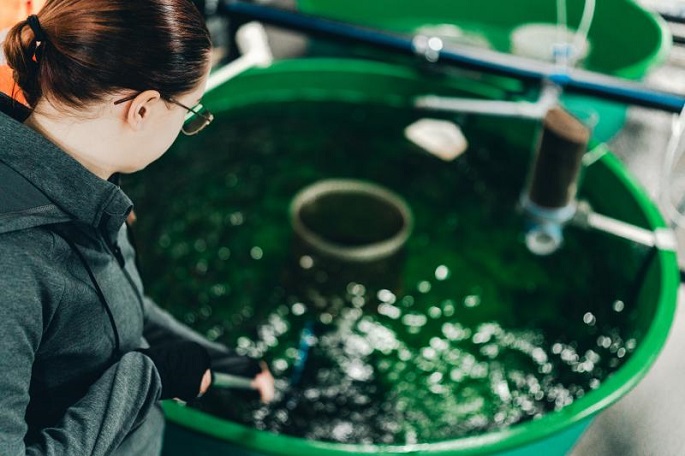Methods for sustainable fish farming by using genomic data developed
Published : 19 Sep 2023, 03:19
Selective breeding of fishes has helped and continues to help to develop fish farming, said the Natural Resources Institute Finland (Luke) in a press release on Monday.
Breeders select individuals for breeding that have been found to make effective use of feed for growth and remain healthy.
Fish consumption in Europe is growing alongside vegetarianism, and at the same time there is a growing need for fish farmers to meet demand more safely, efficiently and with less environmental impact.
In addition to selective breeding, sustainable fish farming is promoted by feed developed specifically for certain fish species and certain conditions. However, so far fish feed developers have had only limited information about the changes in fish traits brought about by breeding, even though the trait changes affect nutrition.
Feed developers are also challenged by the fact that as fish consumption increases, more fish feed is needed, and therefore new sustainable raw materials must be found.
"Selective breeding and fish feeds have been developed extensively in Europe, but typically in separate projects. Inside Luke, we had the experience of combining these fields of research, and now we did it on a large scale. For the international EU-funded AquaIMPACT project, we gathered challenges of fish farming and experts from 10 companies and 12 research institutes to solve them," said Antti Kause, principal scientist of Luke, who leads the project.
A groundbreaking feature in the AquaIMPACT project was that breeding experts based their selection on the genome of the fish and not, as has been customary, on the family tree.
According to Kause, genomic selection is already common in the selective breeding of cattle, pigs, chickens and plants, and thus familiar work at Luke as well.
"We have 25 animal and plant breeders in Luke, who analyze the genomic data from breeding programmes. We also have 40 years of experience in selective breeding of fish and responsibility for the national breeding programme for rainbow trout. This made it natural for us to take responsibility for genetics research and the development of breeding methods in the project,” Kause added.


